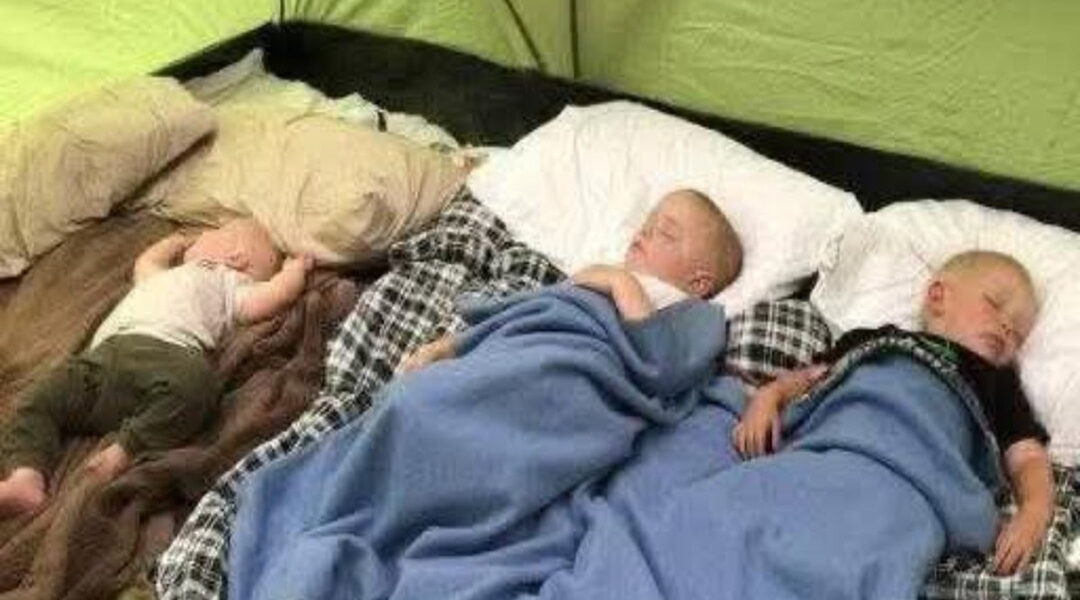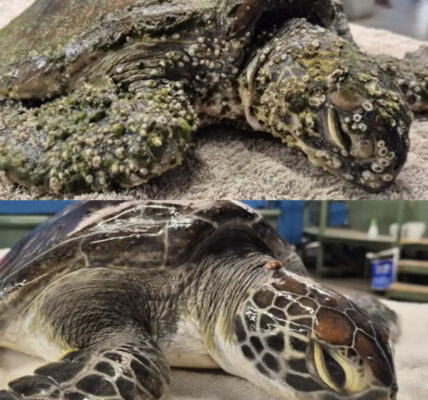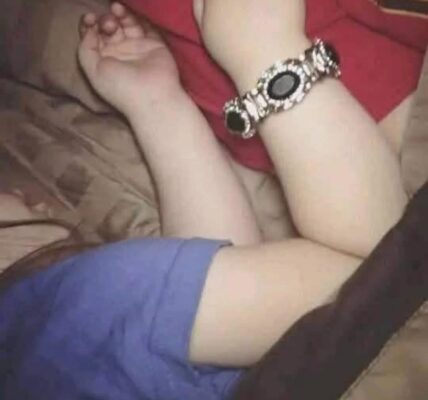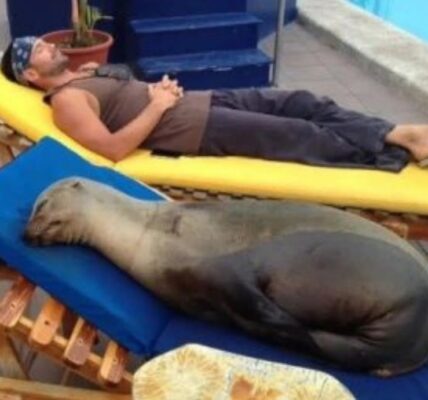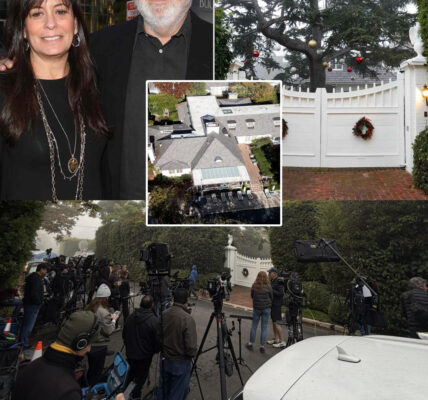
They’re still asleep right now. All three of them. My boys, tangled together under that thin blue blanket like it’s the warmest quilt in the world. I sit here listening to their breathing, steady and soft, and for one fleeting moment, I let myself believe it: we’re just on a summer camping trip.
But it’s a lie.
The truth is, we pitched that tent behind a rest stop two nights ago. Technically, it isn’t allowed, but the security guard saw us and didn’t say a word. Maybe he recognized something in my eyes. Maybe he remembered what it’s like to struggle. Either way, he let us stay.
The boys think this is an adventure. “Just us guys,” I told them, like it was all part of a plan. They don’t know I sold my wedding ring three days ago just to pay for gas and peanut butter. They don’t know I’ve been calling every shelter I can find, only to hear the same response: “Sorry, we don’t have room for four. Maybe next week.”
They don’t know that their mom left six weeks ago and never looked back.
And so I pretend. I keep bedtime stories alive. I buy cereal and pour it into paper cups like it’s a special treat. I call it camping, because the word homeless is one they’re too young to carry.
But last night, my middle boy, Micah, mumbled in his sleep:
“Daddy, I like this better than the motel.”
That nearly broke me.
Because he was right. And because I know I can’t keep this up much longer.
This morning, as the sun rose over the highway, I braced myself. I was going to tell them. No more camping. No more pretending. But just as I reached for the zipper of the tent, Micah stirred. He rubbed his eyes and whispered, “Daddy, can we go see the ducks again?”
He meant the ones in the pond near the rest stop. We’d gone there the night before, and for half an hour, I’d heard him laugh like he hadn’t in weeks. I forced a smile and said, “Yeah, buddy. As soon as your brothers wake up.”
We packed our little pile of belongings into the car, brushed our teeth in the sink behind the building, and tried to make it feel like routine. Toby, my youngest, hummed a song as he held my hand. Caleb, my oldest, kicked rocks and asked if we’d go hiking today. My throat tightened—I didn’t know how to tell them there wouldn’t be another night like this.
And then she appeared.
An older woman, late sixties maybe, with a braid running down her back and a paper bag in one hand, a thermos in the other. I braced myself, expecting her to tell us to move along. Instead, she smiled and said, “Morning. You boys want some breakfast?”
The boys’ eyes lit up. Inside the bag were biscuits still warm from the oven, boiled eggs, and hot cocoa—not coffee, cocoa—for them.
She sat down right there on the curb with us. “Name’s Jean,” she said. “I’ve seen you out here a couple nights now.”
I nodded, embarrassed. “We’re fine,” I muttered.
But she wasn’t offering pity. Just presence. She told me about a time she’d been in a tough spot herself, living out of a church van with her daughter for two months back in ’99. She said she remembered what it felt like to be invisible—and she wasn’t going to let me feel that way.
I don’t know why, but I told her the truth. About the motel. About the boys’ mom. About the shelters saying maybe Tuesday.
Jean just listened. Then she said the words that would change everything:
“Come with me. I know a place.”
We followed her old sedan down a gravel road to a small farm. A red barn, a white house, goats in the yard, and a sign on the gate: The Second Wind Project.
It wasn’t a shelter. It wasn’t government-run. It was a community—a safe space for families in crisis. A place to rest, rebuild, and breathe. No paperwork. No judgment. Just people helping people.
“You’ll have a roof, some food, and time to get back on your feet,” Jean said simply. “No catch. Just help out where you can.”
That night, for the first time in weeks, my boys slept in real beds. Four of us in one room, but with walls, light, and a fan that hummed us to sleep. I sat on the floor in the dark and cried.
The days that followed were full of small miracles. I chopped wood. Fixed a fence. Learned to milk a goat. The boys played with another family—a single mom and her twin girls—chasing chickens and picking berries until their laughter filled the air like music.
Jean told me one night on the porch, “I built this place because once, someone gave me a second wind. All I’m doing is passing it on.”
We stayed six weeks. By then, I had steady part-time work at a mechanic shop and enough saved for a tiny duplex. The rent was cheap and the pipes groaned at night, but it was ours. We moved in the day before school started.
To this day, the boys still call it “the adventure.” They talk about the ducks, the farm, the goats. They don’t talk about the motel or the nights under cardboard. And maybe that’s a gift.
But three months later, I found an envelope under our door. Inside was an old photo of Jean, young, holding a baby in front of the barn. Behind it, a note:
“What you gave my mom, she gave to you. Please pay it forward when you can.”
Jean was gone. The farm was closed. The sign on the gate read: Resting Now. Help Someone Else.
So I did.
I fixed a neighbor’s sink. Picked up groceries for an elderly woman. Lent my old tent to a man who’d just lost his job. And one night, when a stranger with two kids showed up on my doorstep, scared and unsure where to go, I made cocoa. I let them sleep on our floor.
That’s when I understood. Rock bottom wasn’t the end. For us, it was the beginning.
We were never just camping.
We were learning how to survive until we could learn how to grow. And every night now, when I tuck my boys into their own beds, I still hear Micah’s sleepy voice in my head:
“Daddy, I like this better.”
So do I, buddy. So do I.
Sometimes the lowest place you land is exactly where you’re meant to rise.
